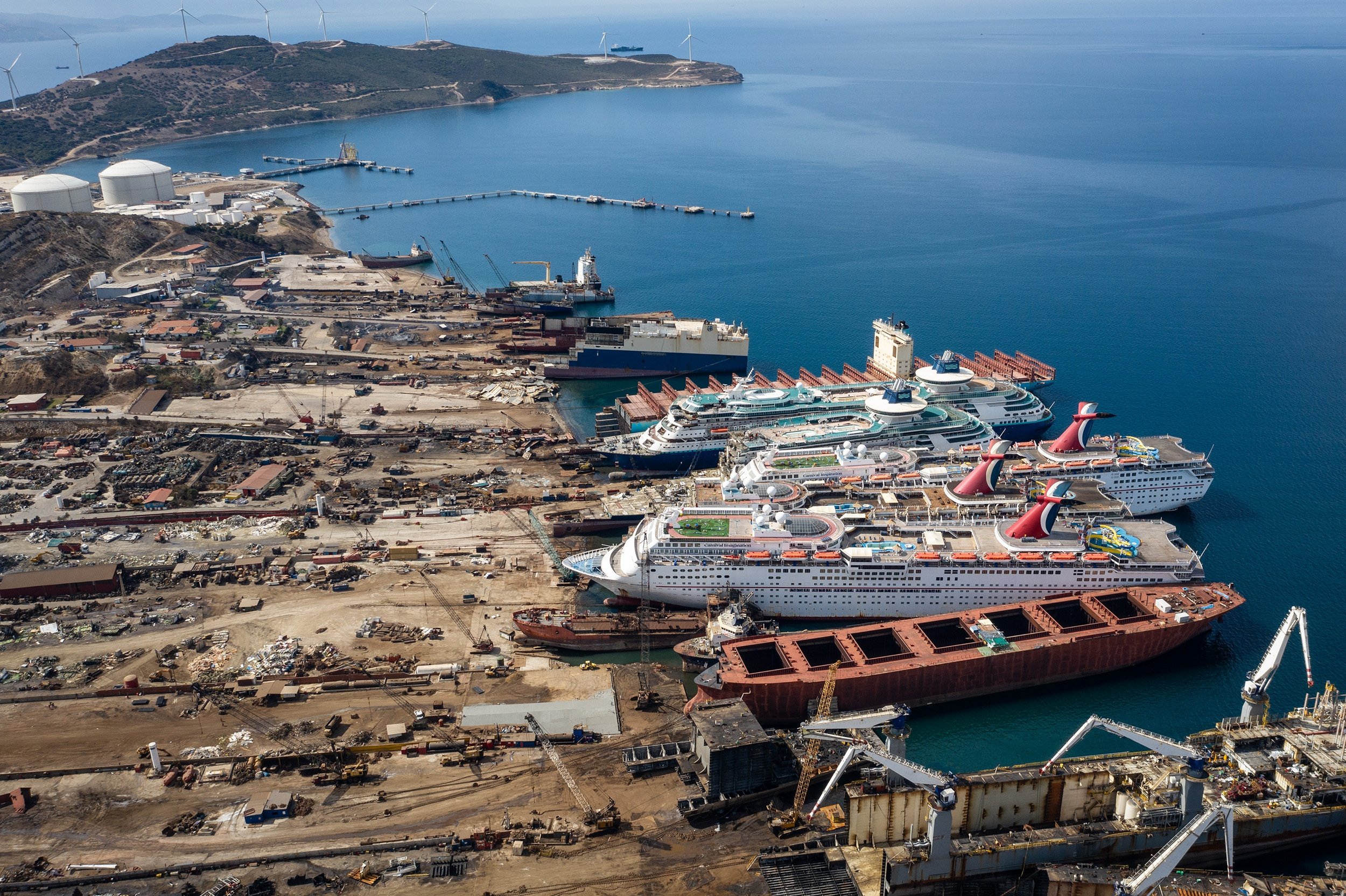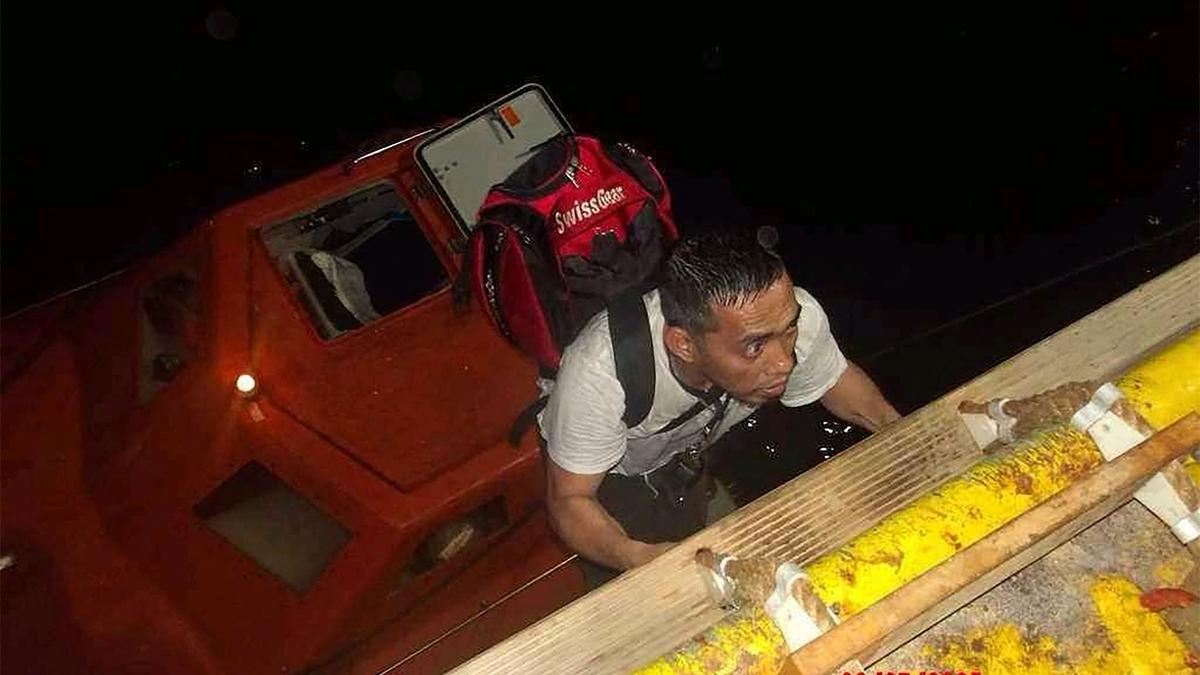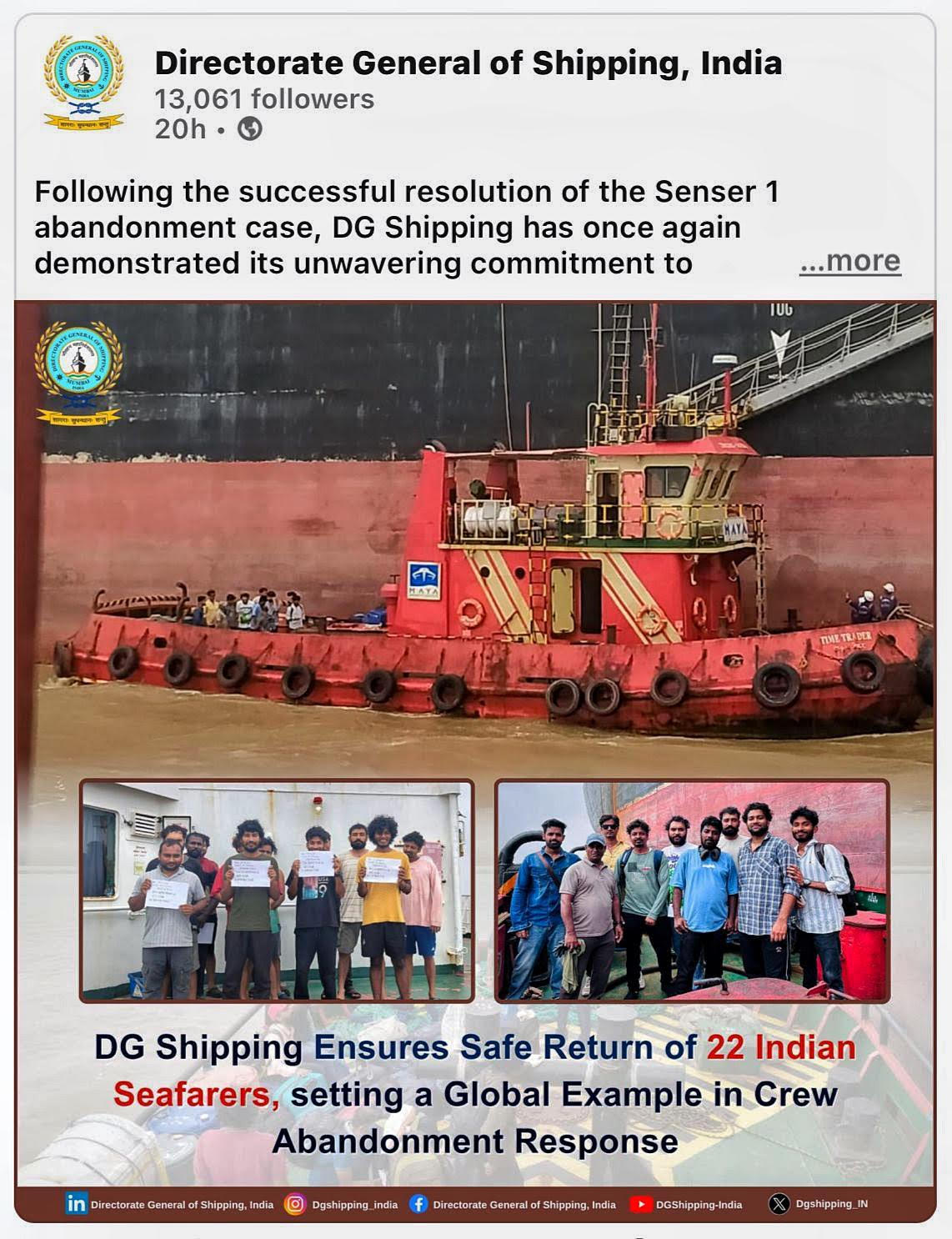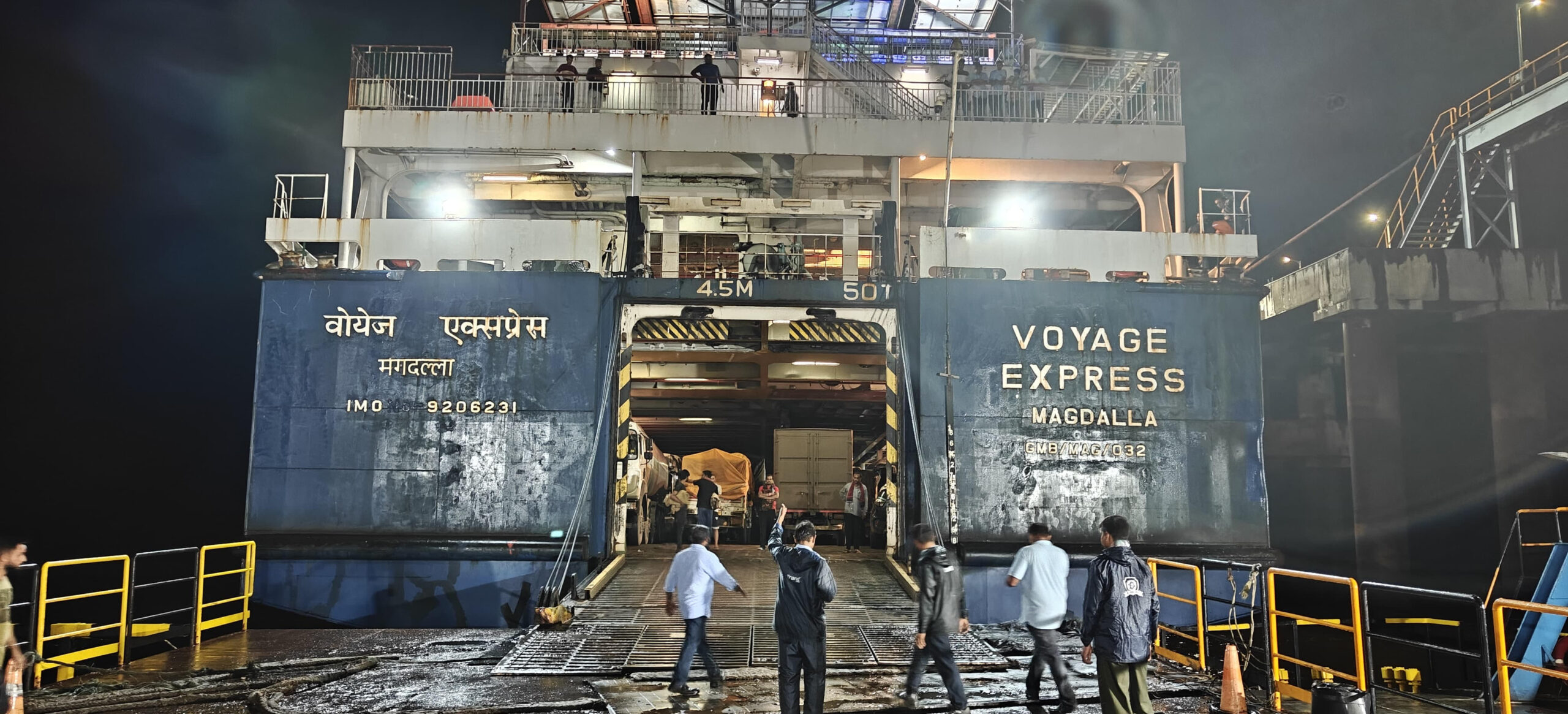Shipyards and Sustainability: A Guide for Shipowners
There’s been a lot of attention lately on how shipyards around the world operate. News reports have shown that some yards have bad safety conditions, violate worker rights, and harm the environment. This raises concerns about how shipbuilding, ship repair, and ship recycling impact people and the planet.
That’s why Gard, an insurance company, is offering shipowners more information on this topic. This will help shipowners choose shipyards that are less risky and better for the environment.
Here’s what shipowners need to know:
-
Risky shipyards can:
- Have dangerous working conditions that can injure or kill workers.
- Exploit workers, especially temporary or migrant workers, by forcing them to work long hours for little pay.
- Pollute the water with toxic materials, harming people and the environment.
-
How to choose a good shipyard:
- Ask the shipyard about their certifications related to safety, environment, and worker rights (like ISO standards).
- Include questions about these certifications in your requests for quotes.
- Consider a shipyard’s social responsibility policy and anti-corruption practices.
-
Gard’s role:
- Gard follows Norwegian law, which requires them to consider human rights and worker conditions when choosing business partners.
- This means Gard will ask shipyards about their human rights practices when involved in wreck removal or ship recycling.
-
The future of regulations:
- New European Union laws will require companies to report on their social and environmental impact, similar to what Gard already does.
By following these tips, shipowners can help make the shipbuilding industry safer and more sustainable.
That’s why Gard, a company, wants to give more advice on this issue. They want to help shipowners who are choosing repair or recycling yards to understand the risks and make better decisions. Shipowners still make the final call, but having more information on environmental, social, and governance (ESG) issues can help them choose wisely and even report on their sustainability efforts.
Here are some problems that can happen at shipyards:
- Poor health and safety standards can lead to accidents and injuries.
- Workers might not have the right training or safety gear.
- Many workers are temporary or contract workers, which can lead to labour abuses.
- Migrant workers, especially, can face exploitation and forced labour.
- Tight deadlines can mean workers face excessive hours and low pay, and they might be punished if they complain.
- Recruitment agencies aren’t always watched closely.
- Shipbreaking in unregulated yards can be dangerous and harmful to the environment.
- Toxic spills and pollution can harm workers and local communities.
Gard’s advice is for shipowners to check what standards potential yards follow and if they’re certified for ESG topics. They suggest including questions about things like quality management, environmental practices, health and safety, and corporate social responsibility in repair contracts.
If a shipowner has insurance with certain terms, they can be compensated for extra costs related to ESG considerations. But not all insurance covers this, so it’s important to compare offers carefully.
Gard, based in Norway, has to follow Norwegian laws that make them check if their operations harm human rights or working conditions. Many other countries have similar laws. So when Gard is involved in wreck removal or ship recycling, they make sure the contractors follow the rules and regulations to protect people’s rights and the environment.
Disclaimer:
Hey there! Just a heads-up: the stuff you find on this website is meant for general info only. We try our best to keep it accurate and up-to-date, but we can’t guarantee it’s always perfect. We’re not making any promises about how complete, accurate, reliable, suitable, or available the info, products, or services on here are for your needs.
So, if you decide to rely on any of this info, just know it’s at your own risk. We’re not responsible for any losses or damages that might happen because of using this website, whether it’s indirect, consequential, or anything else. That includes things like losing data or profits. Thanks for understanding!












4 thoughts on “Shipyards and Sustainability: A Guide for Shipowners”
Every weekend i used to pay a visit this site, for the reason that i want enjoyment, for
the reason that this this website conations in fact good
funny stuff too.
I think this is among the most important information for me.
And i am happy studying your article. However want to observation on some common things,
The web site taste is ideal, the articles is truly nice : D.
Just right task, cheers
Hey very interesting blog!
+ for the post
_________________
[URL=https://rucasino.hotkazino.shop]f1 casino бездепозитный бонус[/URL]